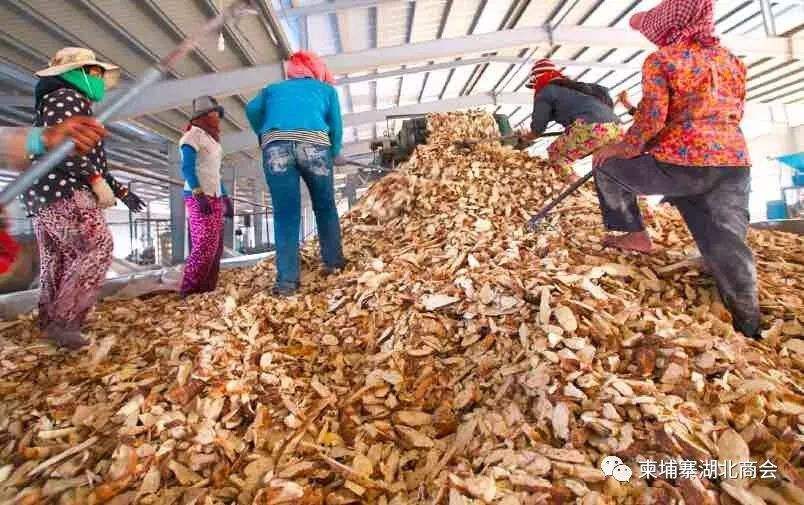
With the support and assistance of the United Nations, Cambodia has formulated the national cassava industry development policy to develop into a major global cassava processing center and reliable cassava product supplier. In addition to exploring and enriching the international market, the Cambodian government encourages local farmers to use cassava products and by-products as cheap animal feed. The Ministry of Commerce has achieved the above goals through three strategies: Commercializing cassava industry in Cambodia, supporting processing enterprises, attracting foreign investment and improving industrial competitiveness.
The United Nations Development Programme (UNDP) and green leader signed a cost sharing agreement to jointly promote the "accelerated inclusive cassava market development project". According to the agreement, the "accelerated inclusive cassava market development project" will cost US $2 million. The United Nations Development Programme (UNDP) and the green collar group will undertake US $300000 and US $500000 respectively, and the rest will be borne by the Ministry of Commerce. This project is the first "private public partnership" under the national cassava industry development policy, which develops cassava value chain through government and private cooperative financing. The model will integrate cassava production, processing and export activities, so that farmers and value chain stakeholders can benefit from each other.
There are only seven cassava starch factories in Cambodia, most of which have stopped operation, and the rest are small-scale production, which forced Cambodian farmers to sell cassava to middlemen and then export them to Vietnam and Thailand.
Cambodia's target of purchasing 20 million tons of cassava a year will be achieved by 2020. Green collar group, a listed company in Hong Kong, has signed a cooperation agreement with the Ministry of agriculture, forestry and Fisheries of Cambodia on January 29, 2018. It plans to invest and build at least 20 cassava processing plants in the important cassava production areas of Cambodia in the next five years, five in 2018, seven in 2019 and eight in 2020. At that time, each company will plant at least 10000 hectares of cassava, and the company will purchase a large number of cassava from local farmers. Close cooperation with farmers is the key to the success of the group's large-scale investment in cassava processing plants in Cambodia. The group has set up cassava processing plants in some provinces with potential, namely tebenkum, Kratie, mondukiri, Sheung Ting, Bodhisattva, Battambang, bodeimianzhi, Otto Minzhi and Preah Vihear provinces. Chinese companies have invested 1-2 cassava processing plants in 9 provinces, and the estimated cost of each processing plant is 1-2 million US dollars. The cassava starch plant built by the group in Kratie province was officially put into operation in December 2018, with an annual starch output of 130000 tons, or equivalent to 600000 tons of fresh cassava. two thousand and sixteen
In 2007 and 2017, the output of cassava in Cambodia was as high as 14 million tons. Once the 20 processing plants of Chinese companies are completed, they can purchase more than 10 million tons of cassava for processing and export.
The cassava policy of the royal government of Cambodia has turned Cambodia into a world recognized cassava processing and supply industry base. The policy provides development vision and prospect for the development of cassava production chain, and ensures that cassava cultivation can obtain high yield and high price, and meet the domestic and international market demand.
Cambodia's cassava policy will increase cassava production, bring high income to Cambodian farmers, and make cassava serve Cambodia's industrial development.
转发0评论0